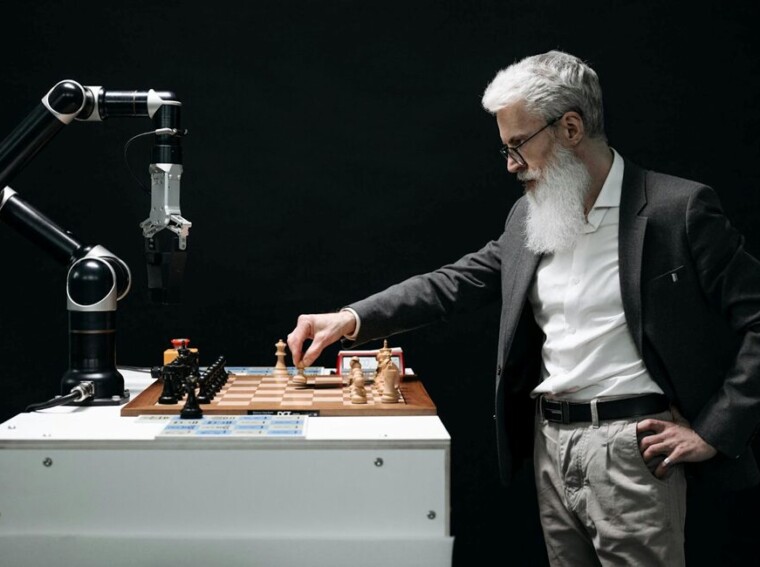The question of if robots will take over human jobs is increasingly relevant as robots and AI continue to evolve. Technology is already taking over some of the paths of labour humans previously trod, from factories to office suites. But will this trend lead to widespread unemployment or is there still a space for human laborers in the future?
The Rise of Automation
While automation has existed for decades, recent advancements in robotics and AI have now allowed machines to take on tasks that have traditionally been reserved for human effort. Machines are already covering those repetitive and time-consuming tasks in other industries, with manufacturing, self-checkout systems in grocery stores and even medical diagnostics. In industrial plants such as automotive factories, robots now build cars much faster and more efficiently than humans could ever do. By extension, in financial services, algorithms are now performing job functions including but not limited to stock trading and fraud detection.
As technology improves, the list of jobs at risk widens. Jobs characterized by ritualized tasks — think cashiers, think warehouse workers — are particularly prone to automation. And this is where fears of robots taking over jobs begin to surface.
Job Creation vs. Job Loss
Automation does have the potential to displace workers in some sectors, but it’s not all bad news. Automation has also historically driven job creation. Technology advancement has dispositioned new industries, products, and services. The digital revolution gave birth to many new profession including, digital marketing, application developments, IT supports, etc. But robots themselves need to be maintained, programmed, and developed, creating a whole new genre of specialized jobs.
It would probably not be a case of machines taking over, but rather a case of machines and humans working in unison in the future. Jobs that require creativity, emotional intelligence or complex human interaction are less likely to be automated. Jobs in healthcare, education, or customer service will remain safe, as these jobs require skills and interactions that machines cannot perform.
The Impact on Certain Sectors
But some sectors of the economy are much more at risk from automation. Both jobs in industries such as retail and fast food are especially susceptible. There just isn’t as much need for human interaction in those areas anymore due to self-checkout machines and AI-driven customer service chatbots. For this reason, such a change can provide a more efficient way of working but brings into question about the future of employment over time.
Even areas that might not seem prone to being automated, like entertainment, could undergo change. The gaming industry, which is already on the leading edge of technology, also draws on AI in many forms. The use of complex algorithms in various slot machine games have revolutionized the experience of online casinos, bringing on-board more responsive and thrilling entertainment like never before. This illustrates the ways in which A.I. will make industries better and also the sorts of jobs needed in even creative fields will shift.
Preparing for the Future
Automation will no doubt disrupt the job market, but the future doesn’t have to mean that humans get replaced.
Adaptation will be crucial. Workers will need to invest in education and reskilling programs to adapt to an increasingly automated world. Furthermore, focusing on sectors where human creativity and problem-solving are appreciated, will allow technology to augment our capacities instead of substituting them.
Wrapping Up
The robots and AI are going to change the nature of the work we do, but they are not going to take it all. Humans will remain in demand in the workforce, by adopting new technology, adapting to new industries, and focusing on making skills that are difficult for machines to replicate.


